

The Old Man and the Sea and Its Pianistic Symbolism
Premise So, Santiago, an old-aged fisherman nearing his last days on the sea, goes out to fish after an eighty-four-day unlucky streak. He finally advances towards a huge marlin and wants to catch it. However, the marlin, strong as it were, entangled itself in the...
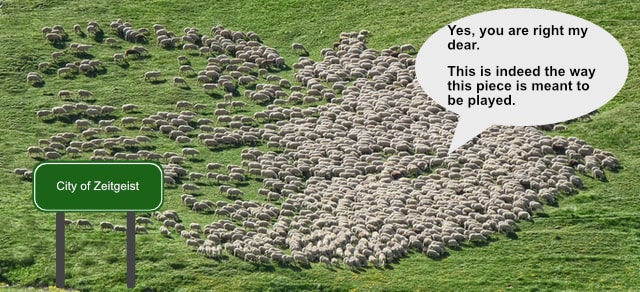
Should You Seek Your Students’ Approval?
Intro Approval seeking was always (and will always be) a common predisposition to mammals like humans. Humans seek and crave approval from the others in order to simply carry through with their existence. Approval-seeking can be found in all of our personality traits,...

Why It Is Hard to Unlearn a Passage
Learning and, especially, keep learning perpetually is what makes our species special according to the… “experts,’. I enclosed the word ‘experts’ in inverted commas in an effort to be sardonic, because firstly, I do not share this belief by the experts and secondly,...

Muscle Memory on the Concert Stage
As with tennis players that can react to a millisecond in time and make the ball over the net, hitting it the right angle by responding perfectly to the opponent’s shot to produce a winner, equally, technical choices of a pianist will be reactively produced on the...
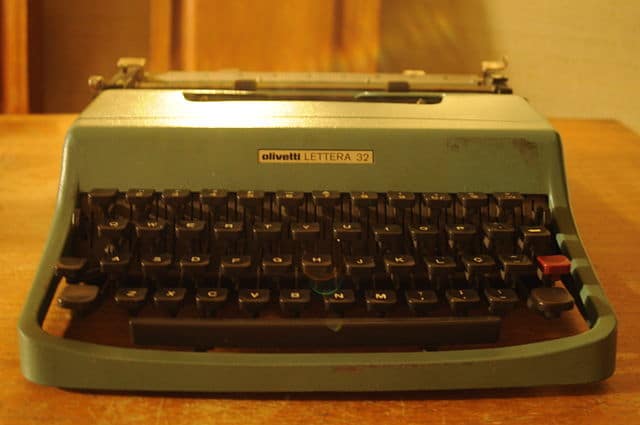
Muscle Memory: The One Caveat
So, when you do something repeatedly for many, many times, your body learns it and then it repeats it efficiently and with ease. This, pretty much, what muscle memory is. It is like when we are cycling; we are not thinking “now I am going to do a pedal stroke with my...
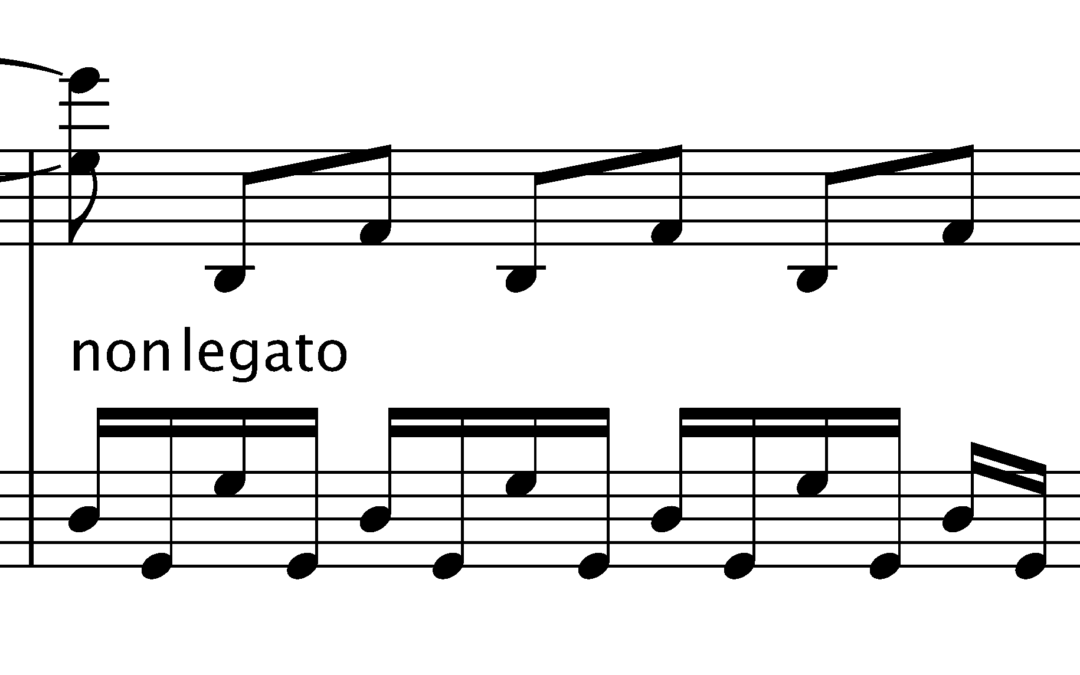
Non-Legato Conundrum
Non-legato is a common articulation found in a pianist’s pianistic vocabulary. It goes without saying that non-legato is poles apart to legato, but it is also different to its “shortened” relatives, such as the staccato and tenuto. Staccato, for instance, is more...

Staccatissimo and Its Differences to Staccato
In music we have two similar words to describe two musical pals, the staccato and the staccatissimo. Each comes with its own notion, of course, but sometimes it is very difficult to distinguish between the two, especially when we listen to a performer playing a piece...
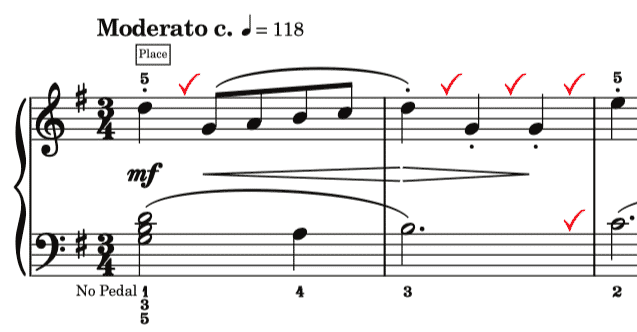
What Is Staccato
Nothing in music is set in stone, fortunately, and thus reading on paper and trying to make sense of the ever-changing attributes of a musical articulation is no mean feat; tradition passed through the capable hands of an instructor is always paramount here, but...
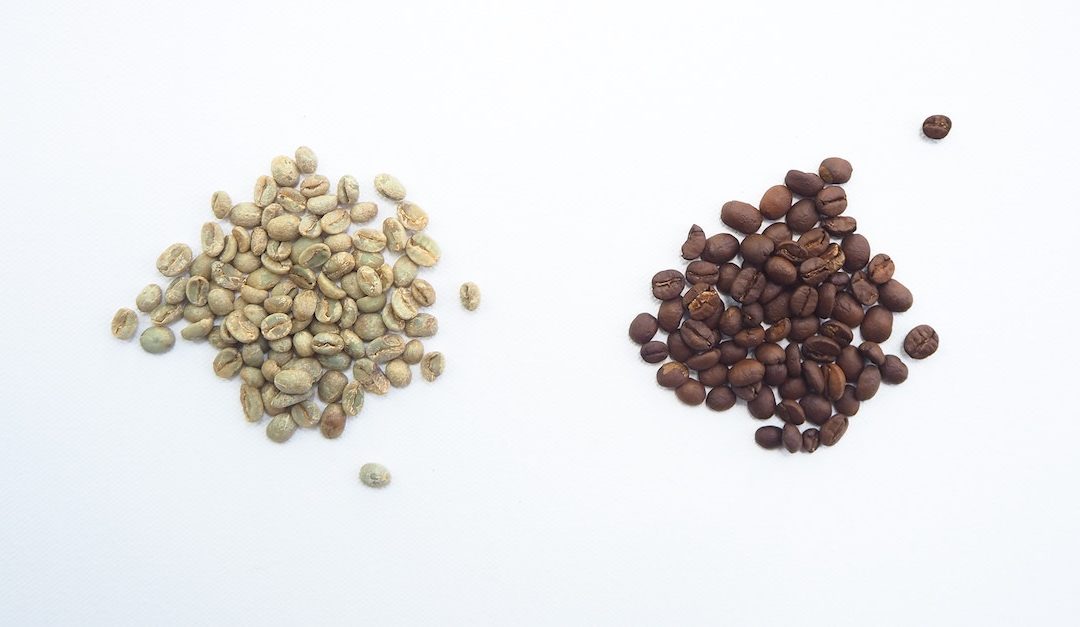
On Comparing Ourselves to Other Musicians
If music ever makes us feel uneasy or weary, it’s not because of its own “fault”; It will always be because we wanted music to fit our own small-time callings. Music is never at fault. It has a life of its own and can never be chained to ambitions by mere mortals, as...
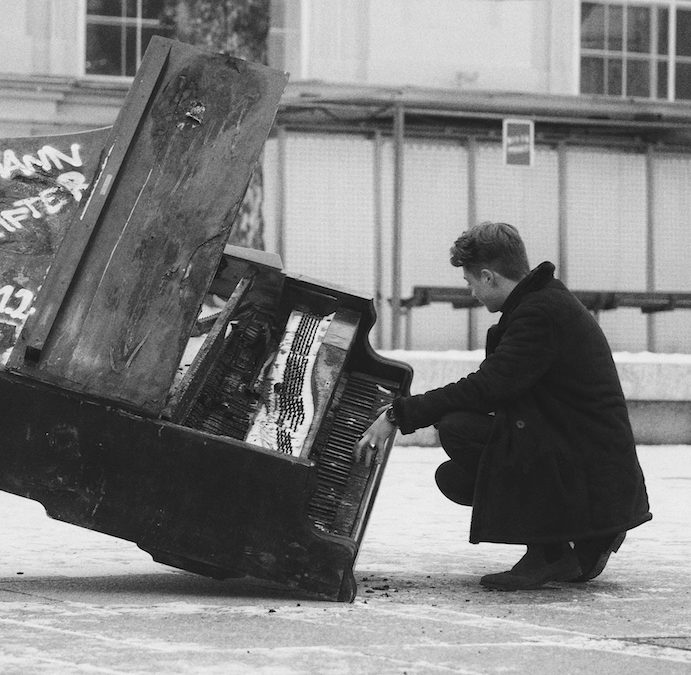
Sitting at the Piano
In this article we talk about how to sit at the piano, which is one of the most important factors in our quest to conquer pianism. ❦ ... At the end of the day, it doesn’t matter how you position yourself to play this wonderful instrument of ours, the piano; Even if...
